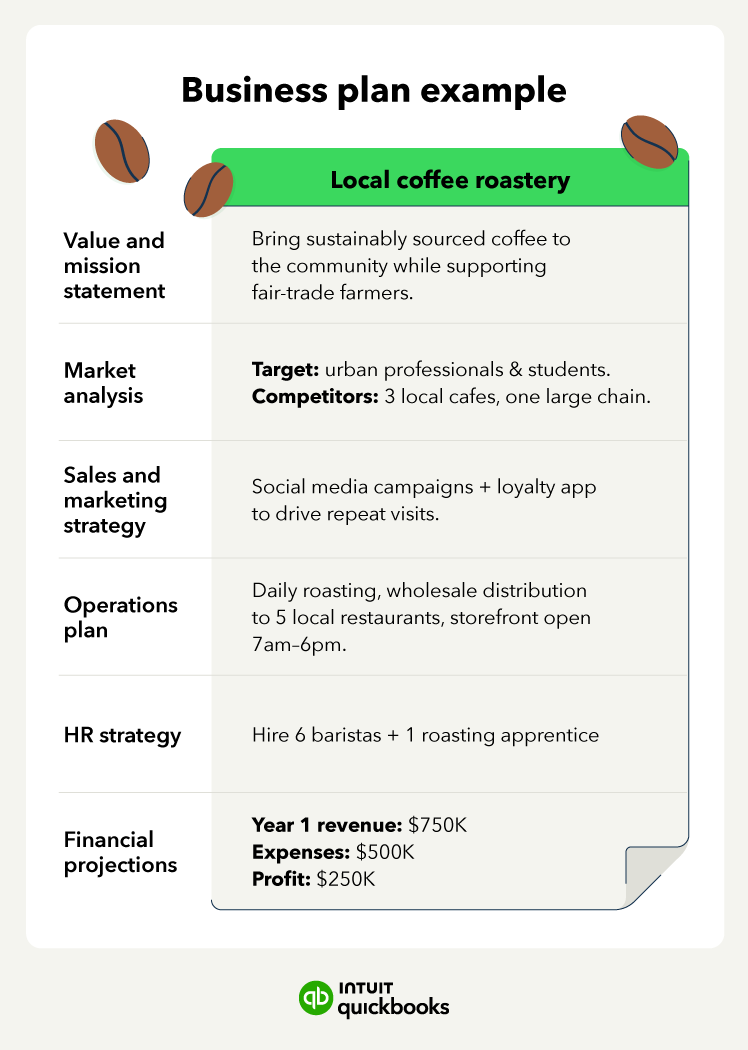8. Secure small business financing
Securing the right funding can be a make-or-break factor for your new business. You’re not just looking to get capital—you need to choose a financing path that aligns with your business goals and risk appetite. Here are some common ways to finance your small business:
Personal investment (bootstrapping)
Using personal finances for funding is a cost-effective method that lets you maintain control and avoid interest payments, but it also means your funding capacity is capped by your personal financial resources. Some businesses even start a business without money by keeping their day job or starting small from home.
Family and friends
Borrowing from your personal network can be a flexible method of financing your business, but it runs the risk of complicating (and possibly ruining) personal relationships if the business doesn’t do well.
Debt financing
Loans from banks usually require a solid business plan and good personal credit. You’ll also need to pay interest and make regular repayments, so it’s important to consider the impact on your cash flow.
Microloans
Offered by non-traditional lenders or non-profits, microloans can be ideal for startups or small-scale businesses in need of modest funding. They typically have lower interest rates and more flexible repayment terms than traditional loans.
Equity financing
This method of financing involves selling shares to investors for capital. It can be a source of substantial funding, but it also means sharing ownership and decision-making control.
Grants
Small business grants are non-repayable funds provided by governments and organizations. They’re a good source of funding for small businesses, but you’ll need to meet specific criteria and the application process can be competitive.
Peer-to-peer lending
Peer-to-peer lending allows businesses to connect with individual lenders via online platforms. While it offers more accessible and diverse funding options, be sure to keep an eye on the terms and interest rates.







